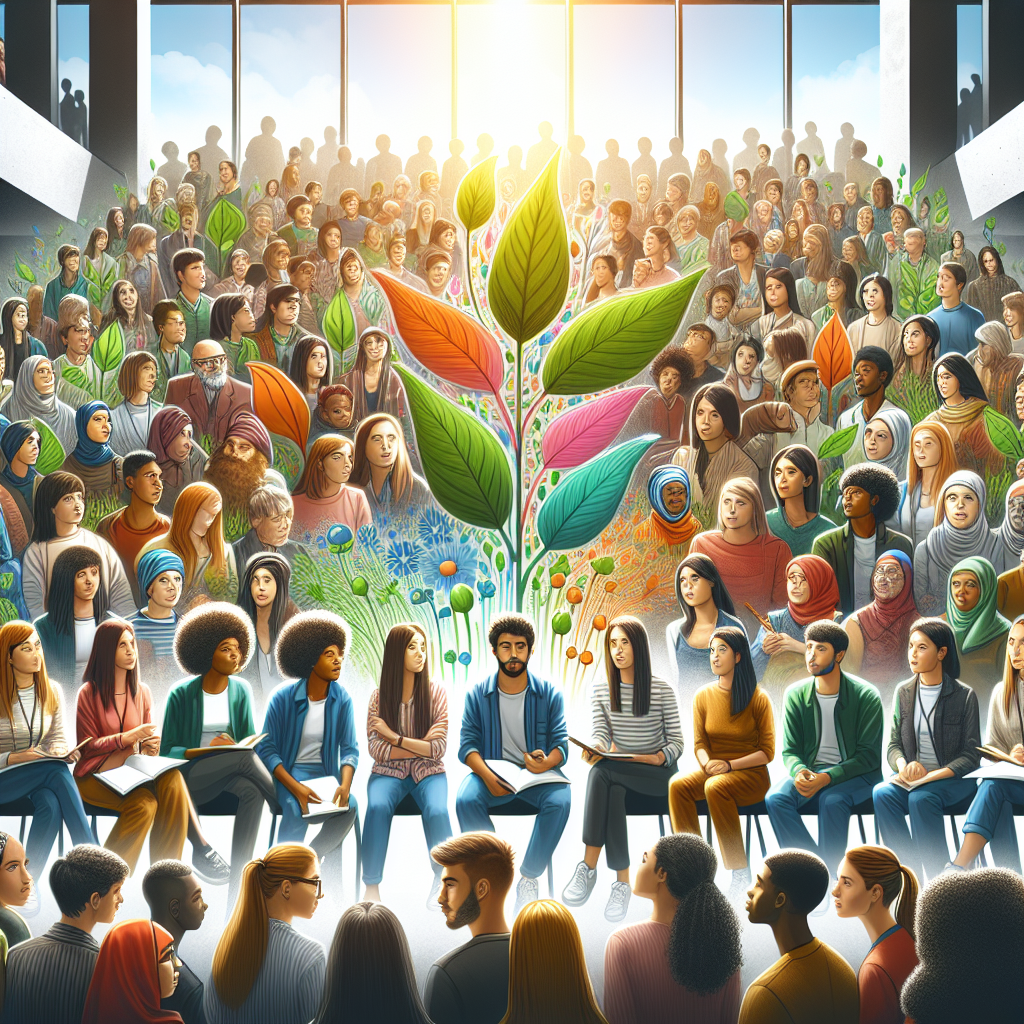Libyan Youth Urge Inclusive Elections to Restore Stability, Back Simultaneous Vote
The consultation, focused on the Advisory Committee’s electoral roadmap recommendations, provided a rare platform for young voices to be heard amid the country’s protracted political transition.

In a significant youth-driven engagement, 57 university students from across Libya gathered this week for a dedicated consultation session hosted by the United Nations Support Mission in Libya (UNSMIL). The consultation, focused on the Advisory Committee’s electoral roadmap recommendations, provided a rare platform for young voices to be heard amid the country’s protracted political transition.
The students, representing institutions from Tripoli, Benghazi, Sebha, Sirt, Gharyan, Zintan, and other cities and towns spanning Libya’s diverse geography, expressed a resounding demand for urgent, inclusive, and simultaneous presidential and parliamentary elections. They voiced deep frustration over years of transitional governance, institutional fragmentation, and the failure to achieve lasting peace since the 2011 revolution.
Support for Simultaneous Elections to Avoid Division
The dominant sentiment among participants favoured the first option proposed by the Advisory Committee: the near-simultaneous holding of presidential and parliamentary elections. Many students emphasized that holding both elections together was critical to avoiding political division, prolonged transitional periods, and further undermining public trust.
“The second option, holding legislative elections first, is a continuation of a vicious cycle that we have tried twice and which has not succeeded since 2011,” noted one student. “We need presidential elections.”
Participants referenced the failure of past legislative-first processes, particularly the events of 2014, when the newly elected parliament refused to transfer power peacefully, plunging Libya into a renewed conflict. Youth delegates argued that without a holistic electoral approach, history could easily repeat itself.
A Distrust in Institutions and Rising Demand for Change
Many participants spoke candidly about the lack of trust in Libya’s institutions, which they described as corrupt, fragmented, and self-serving. Calls for the unification of the military, disbanding of parallel institutions, and an end to recycling the political status quo were recurring themes.
“The people's current priority is to expedite the dismantling of existing institutions,” said one participant, advocating for the fourth option in the Advisory Committee’s roadmap — the convening of a political dialogue forum to establish a constituent assembly tasked with creating an interim government.
Several youths also warned that national reconciliation efforts were being co-opted for profit and political survival by entrenched elites, further widening the gap between governance and public will.
Concerns About Exclusion and the Need for Constitutional Clarity
Others urged UNSMIL to ensure that no party is excluded from the electoral process, calling for a clear and binding electoral timeline. These voices supported the third option of finalizing a constitutional basis before holding elections.
“Democracy cannot be built in the current distorted situation,” said one student, while another added, “The lack of legitimacy is the greatest challenge. A firm election date under UNSMIL’s supervision is the only way forward.”
Marginalization of Cultural Groups
Youth participants also highlighted a longstanding political marginalization of Libya’s diverse cultural communities, particularly Amazigh, Tuareg, and Tebu groups. They stressed the need for mechanisms that ensure cultural inclusivity and equitable representation in any future political settlement.
“Cultural components are often sidelined,” one delegate said. “Without inclusion, the elections will not reflect the reality of our nation.”
A Cross-Regional Call for Change
Students joined the consultation from a wide array of areas including Bent Bayya, Western Mountain, Ain Zara, Azzawya, Abu Salim, Tripoli Center, Sabratha, Qasr Ben Ghashir, Al-Bayda, Hay Andlus, Murzuq, Al-Khums, Al-Araban, and Kabo. Their participation reflects the growing impatience among Libya’s youth—many of whom have spent their entire adult lives in a state of transition—for real, representative governance.
UNSMIL’s Role Going Forward
The youth consultation aligns with UNSMIL’s broader efforts to foster inclusive national dialogue and ensure that Libya’s political roadmap is shaped not only by elites, but also by civil society, women, and the next generation. As the United Nations continues to mediate among Libya’s fragmented political actors, youth involvement is becoming a critical pillar for legitimacy and democratic sustainability.
A Generation Ready for Responsibility
Libya’s youth have made one message abundantly clear: they are ready to lead, participate, and vote in a democratic system that delivers stability, unity, and a break from the country’s cycle of crisis. Whether through simultaneous elections, a new constitutional process, or the formation of a transitional assembly, the young people of Libya are demanding to be active stakeholders in shaping their future.
As one participant concluded,
“The voice of the people must be heard — and we, the youth, are that voice.”
- READ MORE ON:
- Libya
- UNSMIL
- youth consultation
- Libyan elections
- Advisory Committee
- political roadmap
- presidential elections
- parliamentary elections
- constitutional reform
- national reconciliation
- democratic transition
- Libya youth voices
- political inclusivity
- Great Green Wall
- peacebuilding
- civil society
- 2025 Libya roadmap
- North Africa stability










